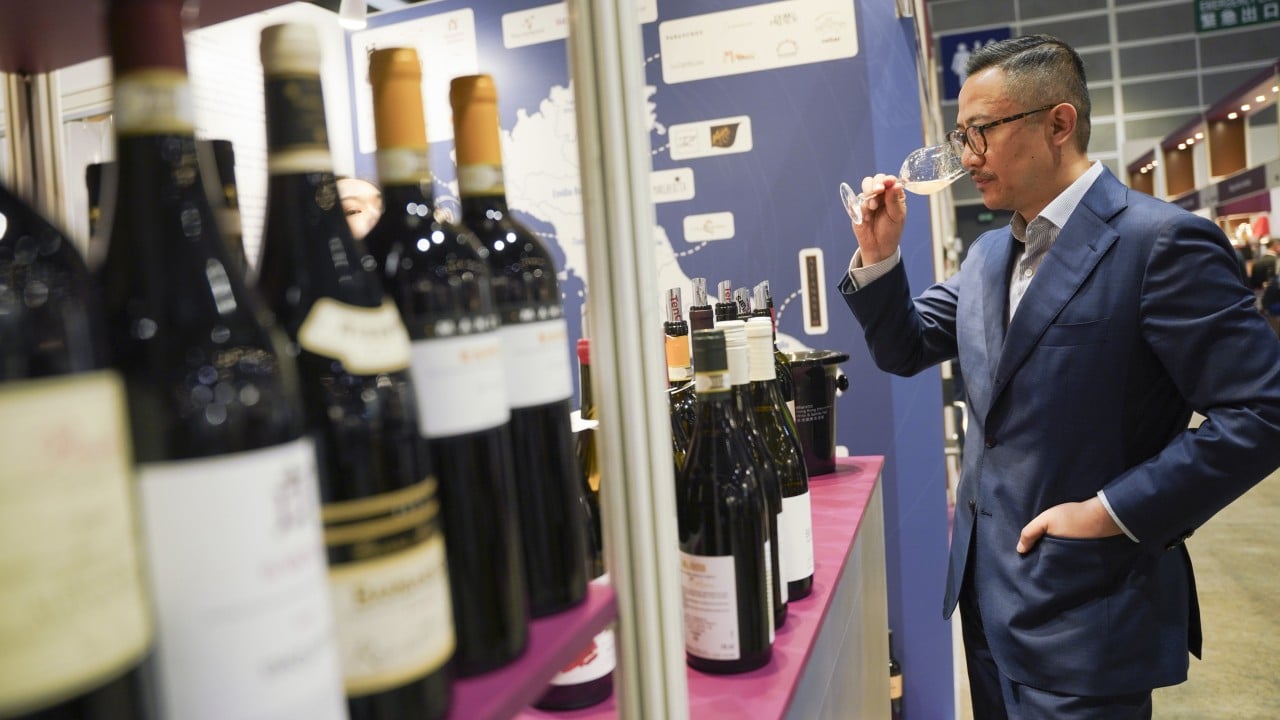Among the many crises contributing to the global “polycrisis”, it seems we have to add another: a worldwide collapse in wine production and consumption.
Advertisement
Global wine consumption is at its lowest since 1996. In China, consumption has dropped by over 60 per cent in the past five years. For French wine drinkers, among the world’s biggest, consumption is more than 80 per cent lower than in 1945. The normally-sober Financial Times talked of red wine facing an “existential” fall. As Jean-Pierre Durand of the industry association Conseil Interprofessionnel du Vin de Bordeaux told the paper recently: “If the grandfather drank 300 litres of red wine per year, the father drinks 180 litres and the son, 30 litres.”
Global wine consumption has been battered by a wide range of forces, most of which seem unlikely to ease soon.
These include a “sober curious” trend towards moderation driven by health and wellness concerns, a shift to quality over quantity, a switch to cocktails, the Gen Z obsession with keeping up a positive Instagram image, the disappearance of social gatherings and the need for “social lubrication” during the long Covid-19 lockdowns, and the sharply rising cost of booze.
As one “sober curious” student in London told the BBC: “Even if I did want to get drunk, I couldn’t afford it.” In the United States, Surgeon General Vivek Murthy has fuelled anxieties by calling for alcoholic beverages to carry a warning that they may cause cancer.
The collapse in wine consumption would have been an even greater cause of concern for the global industry if production had not also been falling steeply worldwide. Hundreds of thousands of hectares of vineyards have been lost in recent years, according to the International Organisation of Vine and Wine (OIV).


